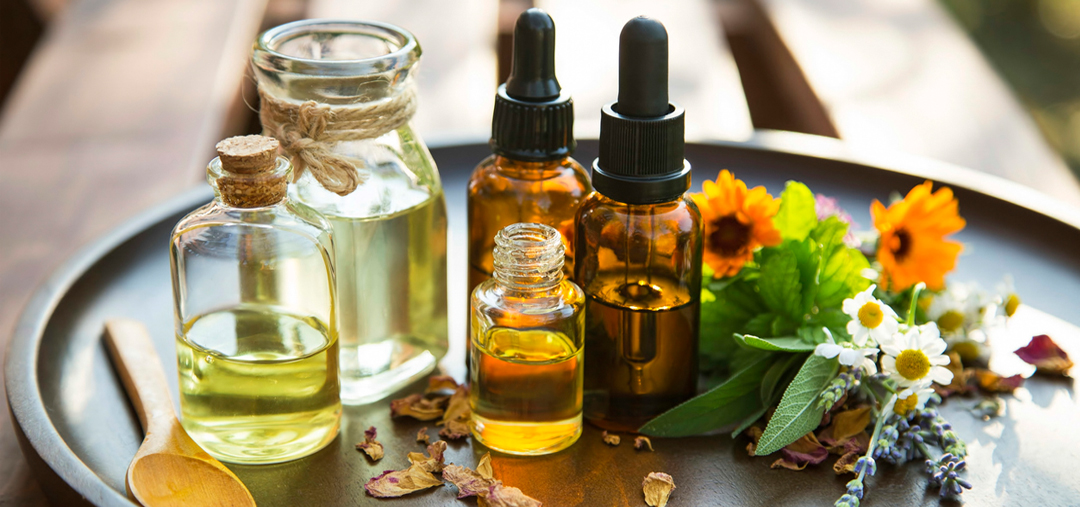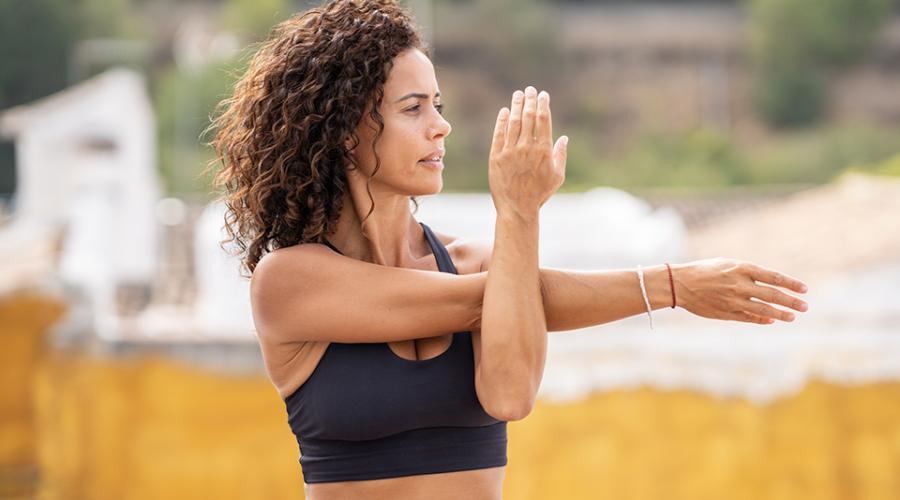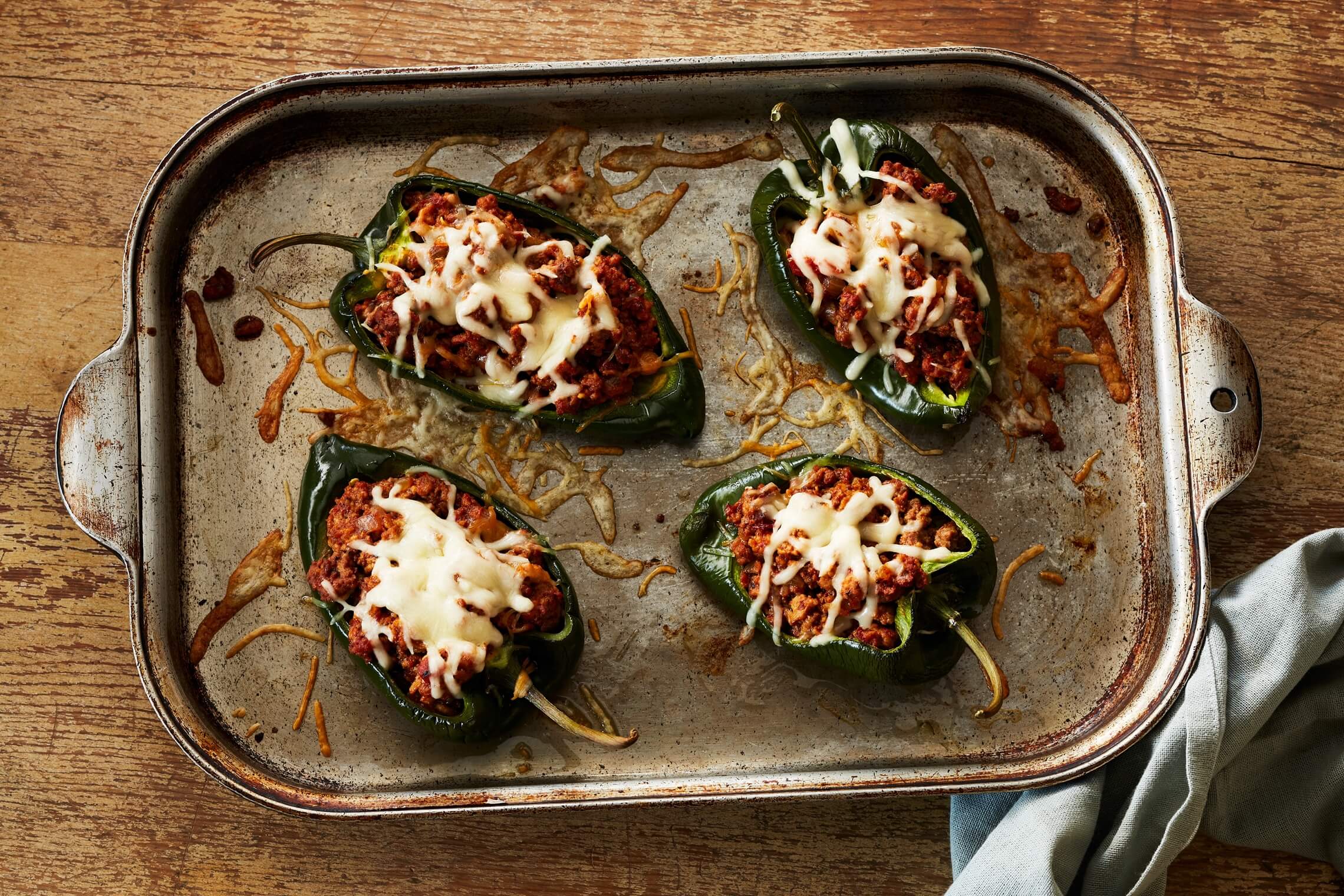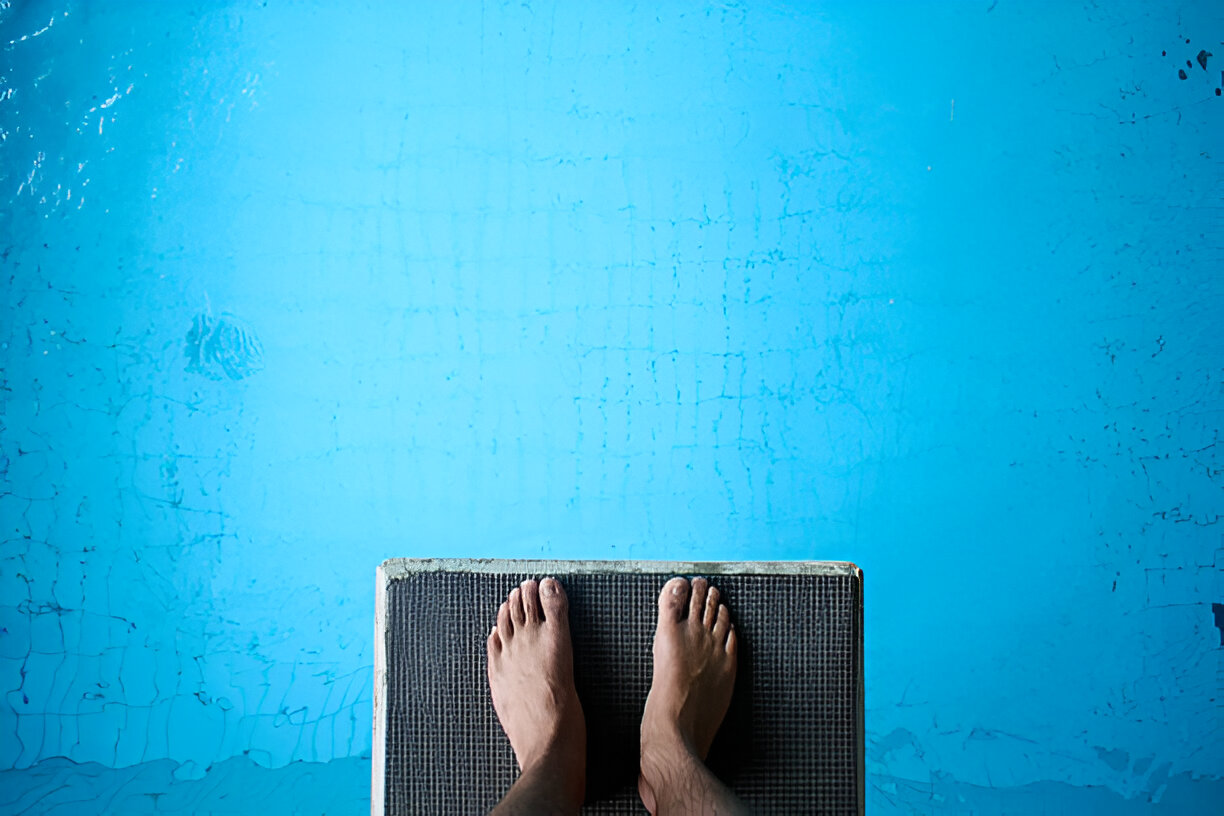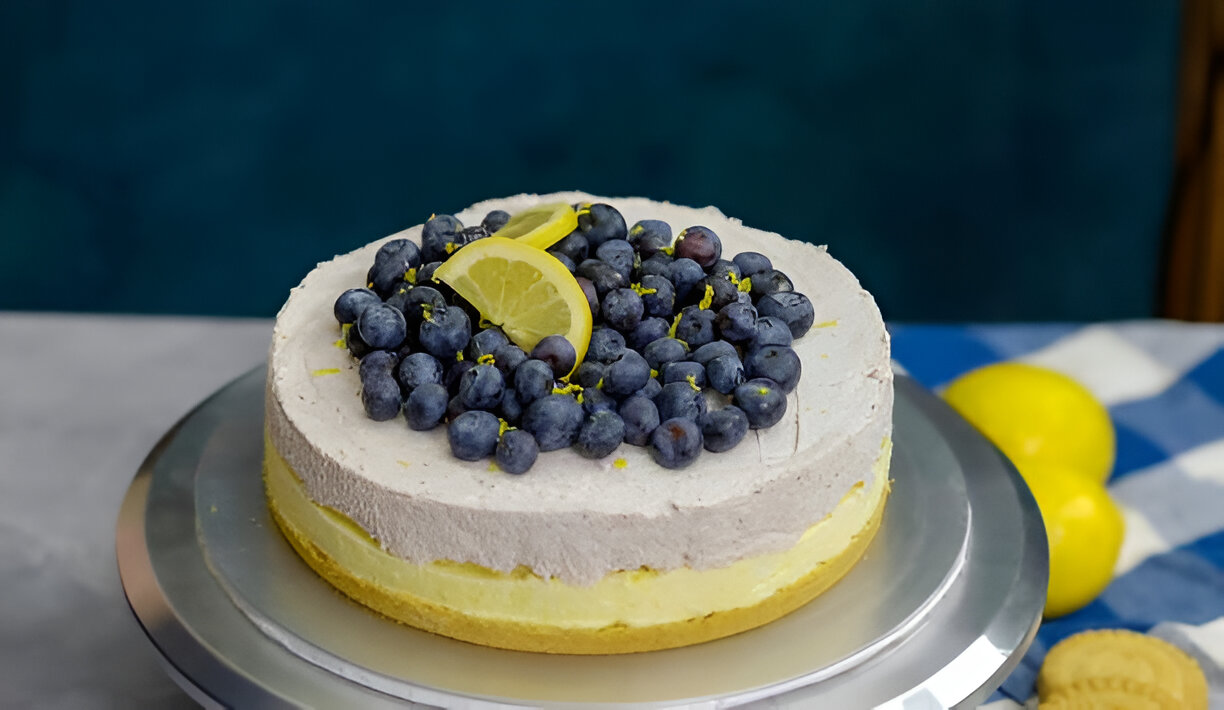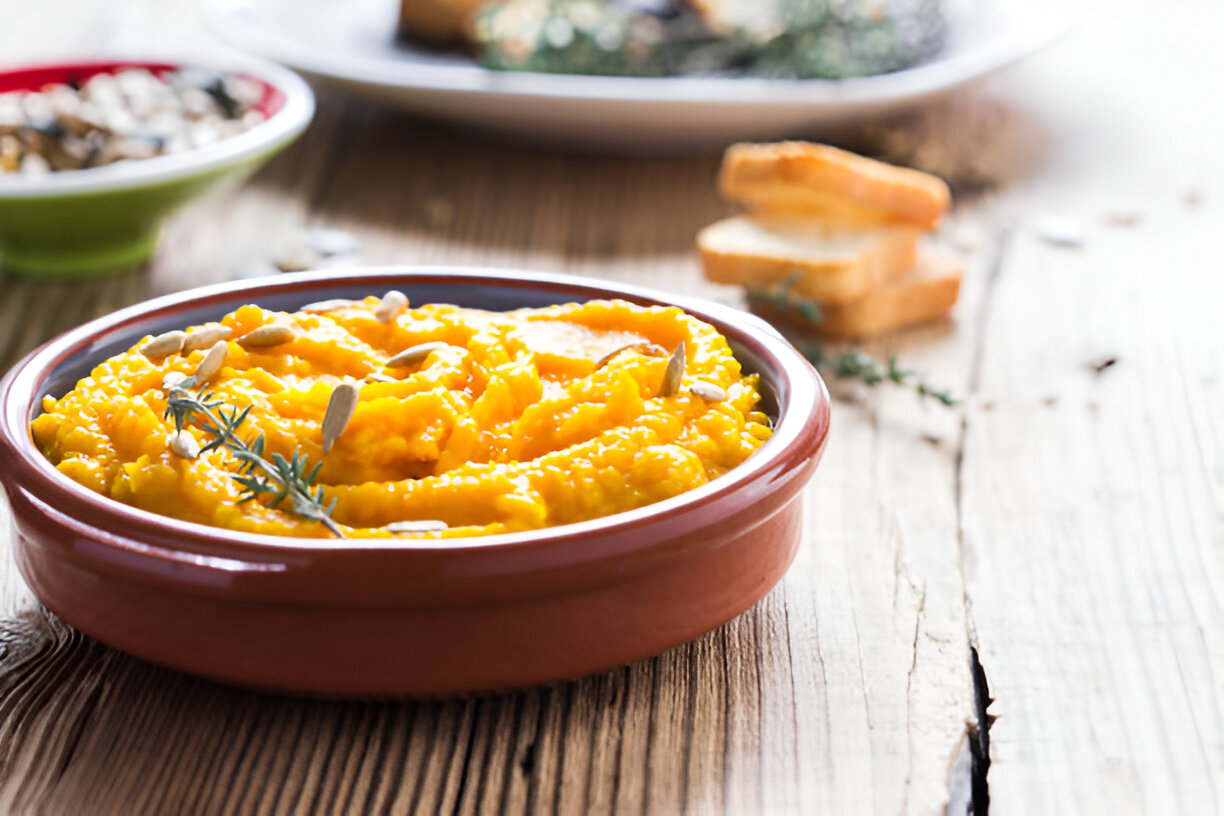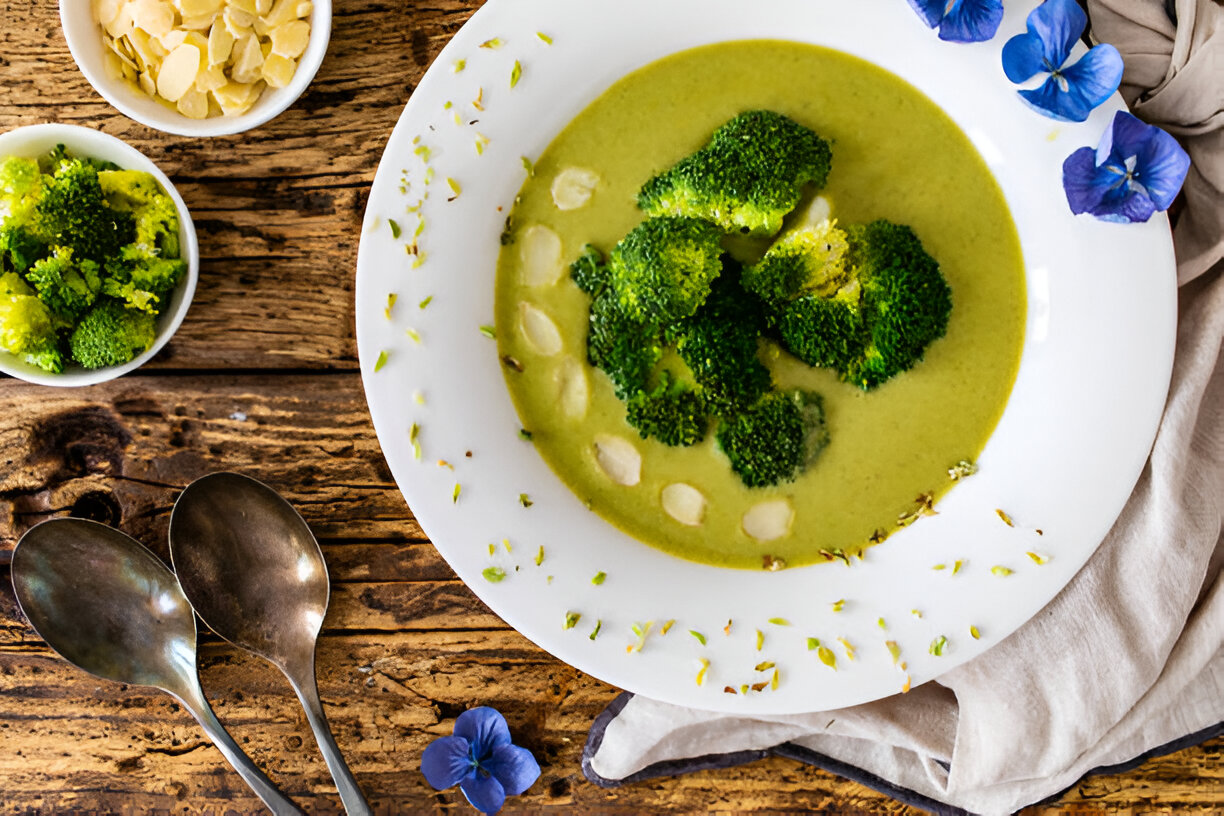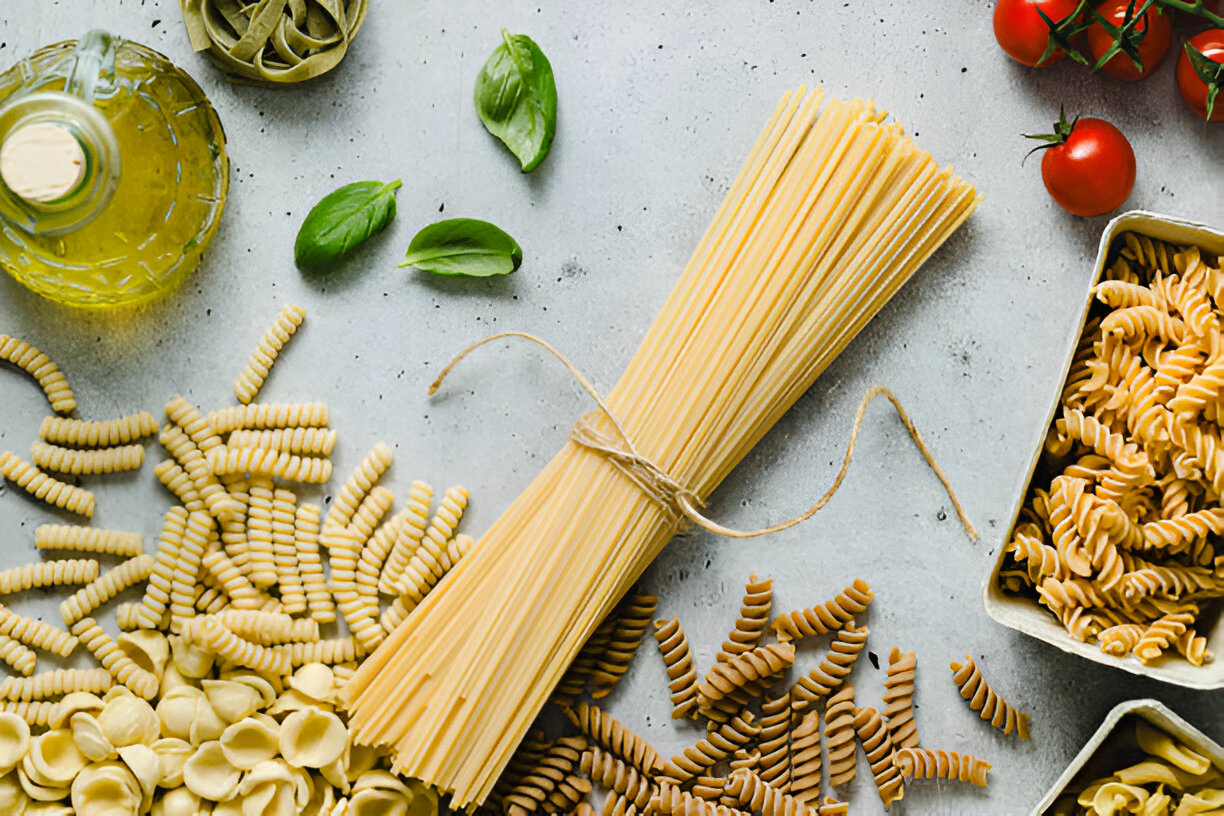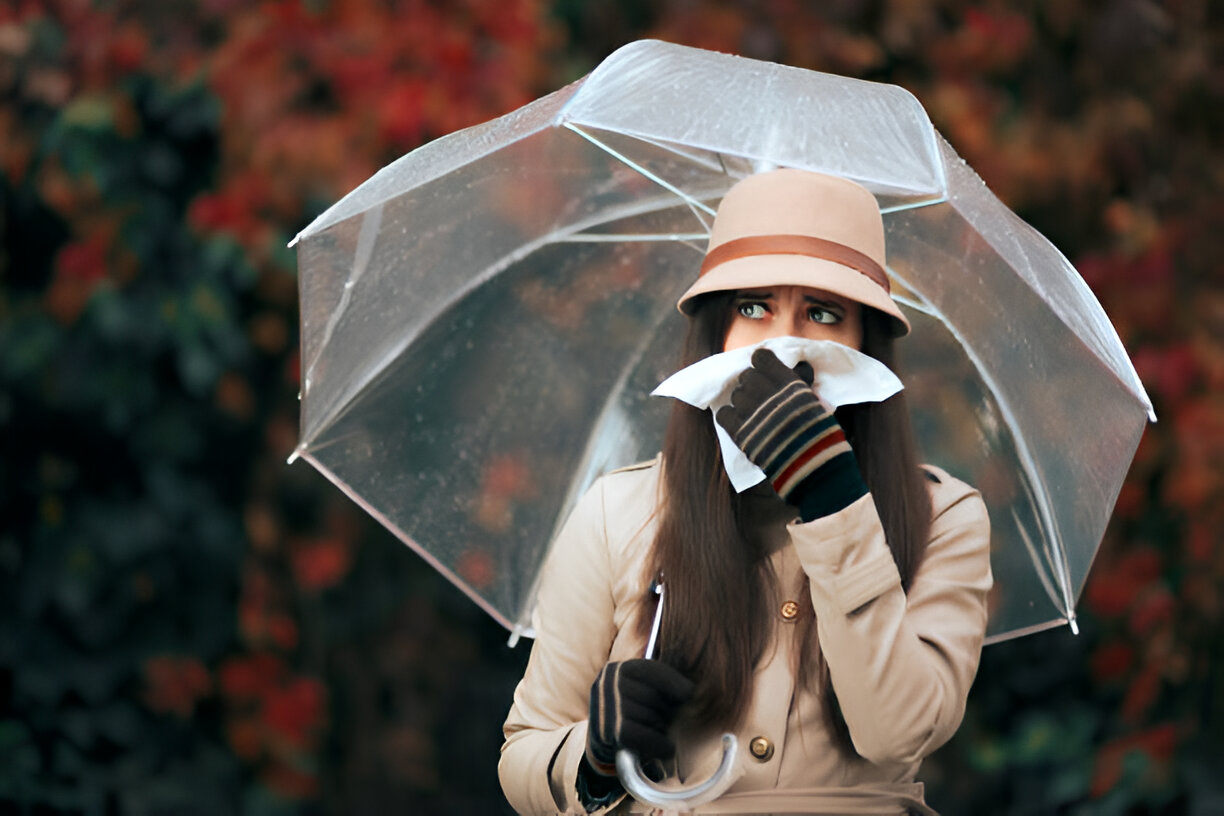
The best colds and flus are the kind you never get. To increase your odds of making it through the season virus-free, be proactive and start following the advice below now. There’s no single secret to prevention — as you’ll see, there are many.
In the Medicine Cabinet
Try a tonic

For people who tend to catch every winter bug that goes around, Arizona-based integrative physician Brian Becker, M.D., recommends two supplements: the herb astragalus and a medicinal mushroom supplement that contains maitake, shiitake, turkey tail, or reishi mushrooms. Both remedies, long used in Chinese medicine, have antiviral properties that may ward off colds and flu. Like all “tonic” remedies, they have a cumulative effect and are meant to be taken daily. Ideally it’s best to start taking one or both in the early fall, before cold season begins, and continue throughout the winter.
Take immune-boosting supplements

Several vitamins and minerals influence the immune system, including vitamin B6, folic acid, copper, zinc, and vitamin C, says Becker. He recommends supplementing a wholesome diet with a high-quality daily multivitamin/mineral that contains these nutrients. As for zinc lozenges, both Becker and Rosemary Gladstar — founder of the California School of Herbal Studies and author of more than a dozen books on herbal medicine, including “Rosemary Gladstar’s Family Herbal” — say the scientific evidence for high doses is weak; Becker adds that too much zinc can lower your immunity.
In the Kitchen
Whip up some chili
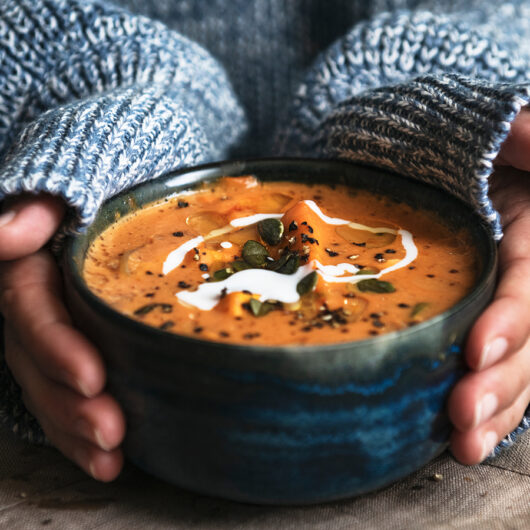
It’s no coincidence that you start craving comfort foods as the weather gets, well, chilly. “We’re naturally inclined to eat soups, stews, and heavier foods in winter,” explains Gladstar. “It’s what our bodies want.” Give heartier fare a healthy dose of prevention by regularly including immune-boosting ingredients like garlic, onions, miso paste, sea vegetables, and shiitake and maitake mushrooms (or try the Immune Boosting Soup).
Spice it up
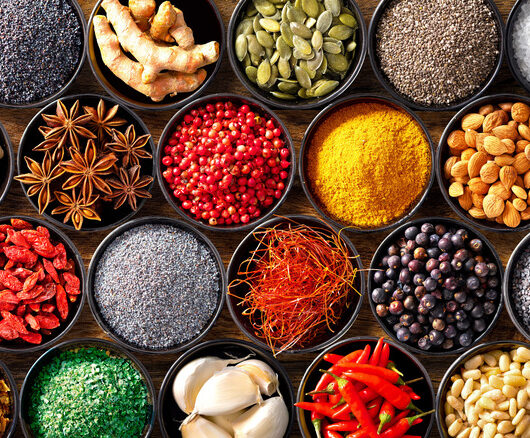
Gladstar recommends seasoning your meals generously with “warming,” immune-supportive spices such as turmeric and ginger and adding a pinch of cayenne to soups and stir-fries. They’re traditionally used in cooking to get blood flowing, promoting healthy circulation.
In Your Life
Lather up

While some contact with germs is a good thing — it strengthens your immune system — washing your hands is crucial for preventing illness, says Becker. “In medical school, we were taught that it’s harder to catch a cold from kissing a sick person than from shaking his hand and then rubbing your eyes or nose.” Antibacterial soap and piping-hot water aren’t necessary; just apply soap to wet hands and rub vigorously for 15 seconds (it’s the scrubbing that matters).
Sleep in

Research shows that sleep-deprived people produce fewer virus-fighting natural killer cells. “It’s normal to sleep a bit more in winter,” points out Gladstar. “Before we had electricity, people went to bed earlier and slept longer as the days got shorter.” As often as possible this season, treat your immune system to an early bedtime.
Take up snowshoeing

Regular exercise keeps all your systems working, including your immune system,” says Becker. When possible, choose outdoor exercise, because it decreases your exposure to crowds (and therefore germs), he says. But even if you prefer your health club’s treadmill, stay active.
Run hot and cold

“Your body has its own thermostat that regulates temperature — that’s what goose bumps do,” says Gladstar, adding that overly heated houses and workplaces can make this internal thermostat “lazy” and less effective. To keep your internal heating system in good working order, take “contrast showers” — hot water followed by a blast of cold. Gladstar suggests starting with 5 seconds of cold water and working up to 30 seconds.
Take a breather

“It’s self-evident that when you’re rundown, you become more susceptible to illness,” says Becker, who cites the science to back it up: “Stress releases cortisol, which has direct negative effects on your immune system.” Balance the holiday hullabaloo with regular doses of meditation, yoga, or slow, deep breathing.






